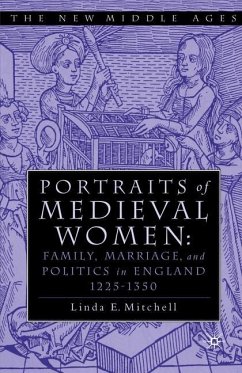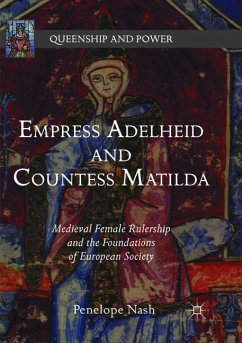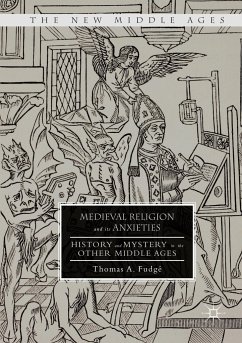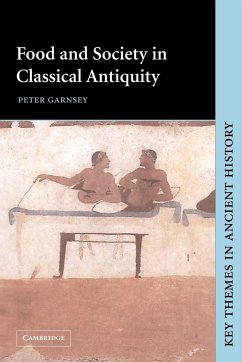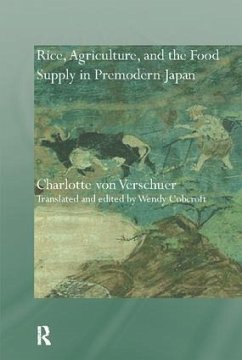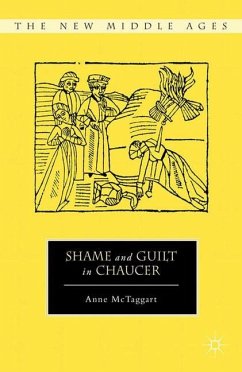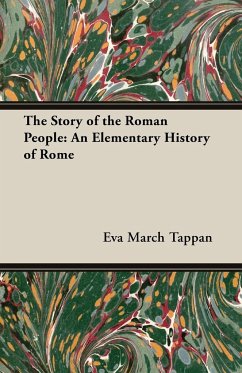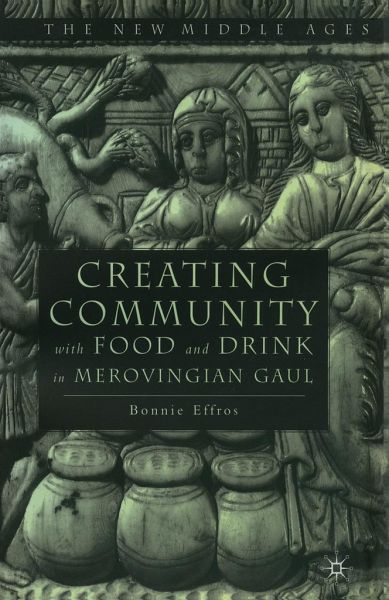
Creating Community with Food and Drink in Merovingian Gaul

PAYBACK Punkte
46 °P sammeln!
Creating Community with Food and Drink in Merovingian Gaul exposes the manner in which feasting and fasting, in other words, ritualized actions not performed solely for the purpose of nourishment, were central to social interaction in Gaul both prior and subsequent to Christianization of the mixed population of Franks and Gallo-Romans. In exploring these issues using a multidisciplinary methodology, Effros suggests that scholars may assess historical manifestations of the use of food and drink to create and reinforce the social hierarchy. Effros addresses the tensions between monastic and lay ...
Creating Community with Food and Drink in Merovingian Gaul exposes the manner in which feasting and fasting, in other words, ritualized actions not performed solely for the purpose of nourishment, were central to social interaction in Gaul both prior and subsequent to Christianization of the mixed population of Franks and Gallo-Romans. In exploring these issues using a multidisciplinary methodology, Effros suggests that scholars may assess historical manifestations of the use of food and drink to create and reinforce the social hierarchy. Effros addresses the tensions between monastic and lay communities and focuses on patronage through food and drink as a source of informal power, a subject too often overlooked in favour of institutional structures more familiar to twentieth-century historians.



